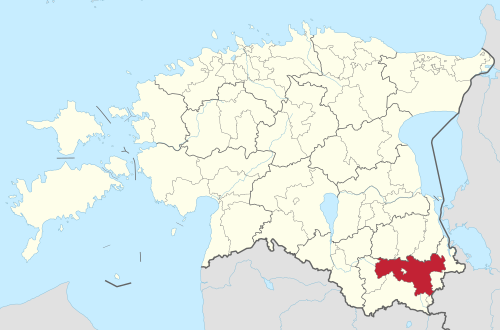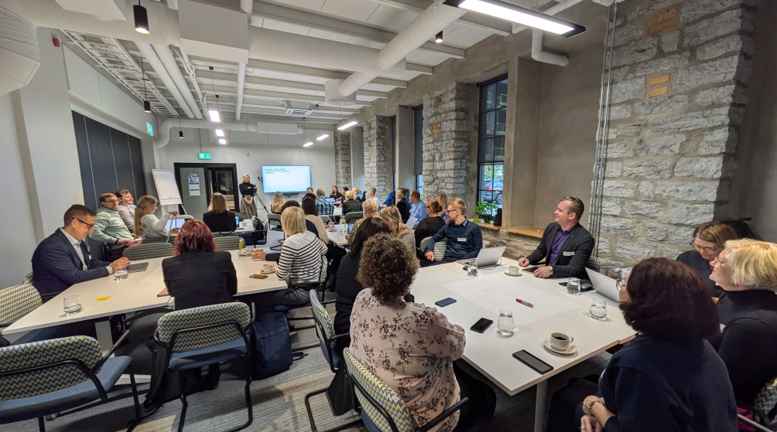The Estonian Research Council, in collaboration with the Estonian Young Academy of Sciences, commissioned a study focusing on the roles, working conditions, and expectations of early-career researchers. In this study, we defined early-career researchers as scientists working in Estonia who are under the age of 40 and either hold a doctoral degree or are in the process of completing their doctoral studies. These researchers, who often balance demanding academic requirements, limited funding, and precarious working conditions, are pivotal to the sustainability of the research system. However, they face challenges such as difficulties in starting a career, varying quality of supervision, and limited opportunities for inter-sectoral mobility, all of which require attention. The aim of the study was to provide insight into the circumstances faced by early-career researchers.
The study employed a mixed-methods approach, combining a survey targeted at early-career researchers with profiles in the Estonian Research Information System (ETIS) and focus group interviews with researchers working in the private sector and public sector institutions (excluding universities). Additionally, we conducted focus group interviews with the supervisors and managers of early-career researchers.
The Role and Responsibilities of Early-Career Researchers – Bridging Expectations and Reality
Early-career researchers are required to fulfil multiple roles simultaneously, including conducting research, engaging in teaching activities, and contributing to the popularisation of science. The study revealed that they wish to prioritise research, yet their energy is often dispersed across daily responsibilities, creating certain tensions in time allocation. While survey data did not indicate a significant gap between desired and actual time allocation, experiences shared during interviews and open-ended survey responses highlighted that teaching responsibilities, particularly for doctoral candidates, are frequently excessive. Additionally, it became apparent that early-career researchers often experience feelings of isolation or loneliness due to a lack of collaborative networks and connections. This isolation impacts their motivation and makes achieving professional visibility more difficult, especially within academic settings.
Career Opportunities and Working Conditions
The general framework of an academic career was deemed understandable, but its implementation was questioned due to a lack of stability. Early-career researchers noted that they had flexibility in choosing where and when to work. However, issues such as funding limitations, management culture, and inter-sectoral collaboration emerged as prominent challenges. Despite these obstacles, early-career researchers are inspired by the opportunity to contribute meaningfully to societal progress and by the motivational content of their work. Nonetheless, job insecurity and limited opportunities for research funding can diminish their motivation.
Supervision and Mentorship – Foundations for Professional Growth
Effective supervision and mentorship are critical to the initiation of a research career. However, the study found that early-career researchers’ expectations in this regard often go unmet. Supervisors primarily focus on guiding research-related activities, but gaps in understanding bureaucratic procedures and managing people can hinder the development of those they supervise. Additional support, such as mentoring, could create more opportunities for the growth of early-career researchers.
The study highlighted that the contributions of early-career researchers to science and society are invaluable. However, ensuring the sustainability of the research community requires significant attention to the attractiveness of doctoral studies, transparency in funding systems, and inter-sectoral mobility. Investing in the development of early-career researchers is an investment in the long-term sustainability of Estonian science and innovation.
The final report can be found in Estonian on the University of Tartu Digital Archive ADA.
The Role and Responsibilities of Early-Career Researchers – Bridging Expectations and Realit




